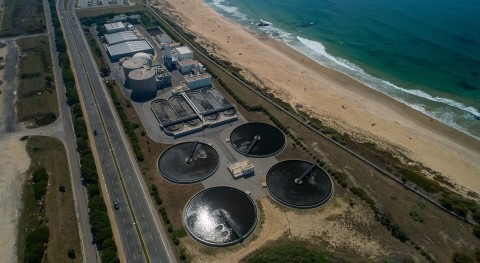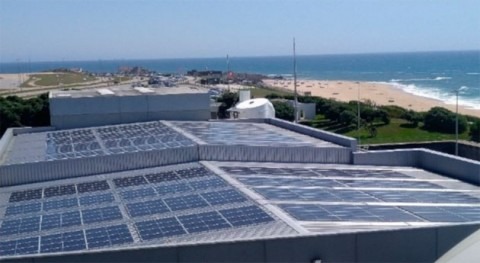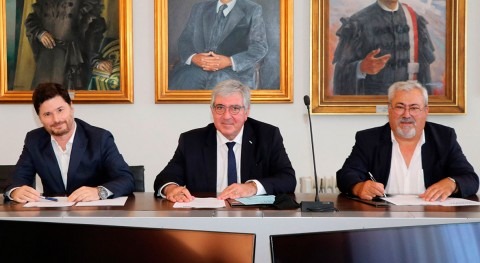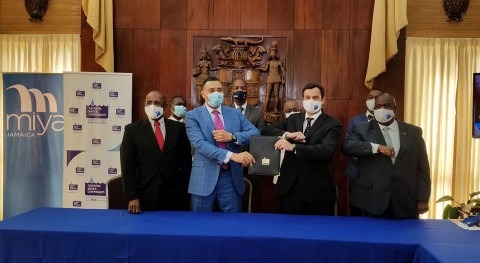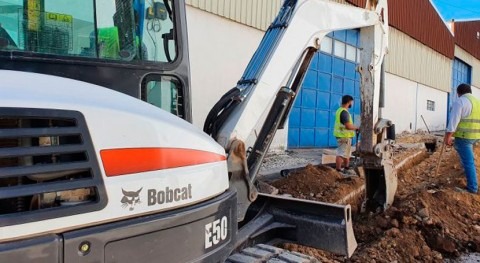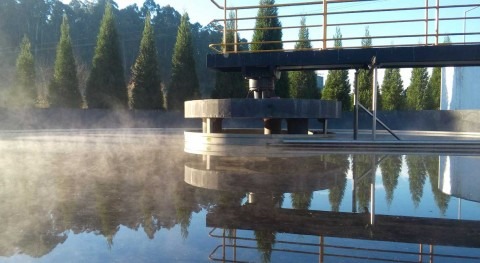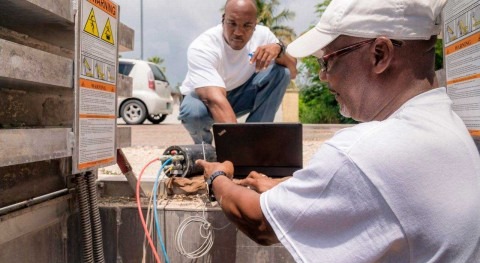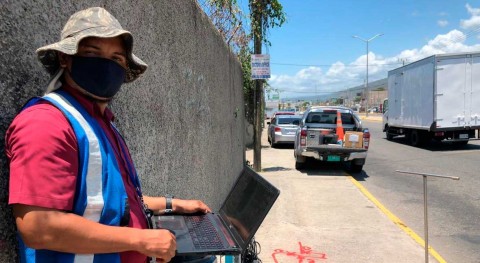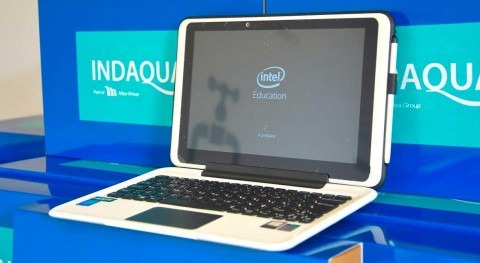On Monday May 4th, Miya Water, a world leader in water management efficiency, in partnership with the Caribbean Water and Wastewater Association (CWWA), organised a webinar to discuss how the Caribbean countries, and particularly the water industry, are weathering the challenges of COVID-19. The webinar, directed towards water and wastewater personnel operating in the utility sector, was followed live by more than 140 people and had more than 1,760 views on YouTube in less than 24 hours, with more than 4 million impressions on Twitter.
Roland Liemberger, international expert in NRW planning, participated in the webinar with a presentation titled “After the crisis is before the crisis – Why and how to plan comprehensive NRW reduction projects”. He started his talk by saying that we have been lucky this time, because the virus that causes COVID-19 has not been detected in drinking water, and the risk of transmission through sewerage systems is low, though we might not be so lucky next time. Although an intermittent water supply poses health hazards and other disadvantages, it is quite common in the world. Mr Liemberger’s estimations show Latin America and the Caribbean are amongst the regions in the world with the highest levels of NRW; in fact, in the Caribbean, there is an average level of 147 litres/per capita per day of NRW. He then analysed the main reasons for high NRW, including a lack of incentives on all levels, and highlighted action needs to be taken now: “In a few years, everyone in the Caribbean could be at an acceptable NRW level, if we start, and there would be no risk of intermittent supply anymore”. To do that, it is necessary to quantify NRW and its components, commercial and physical losses. He ended his talk with some reasons to outsource NRW management, and steps to a successful NRW performance based contract (PBC).




